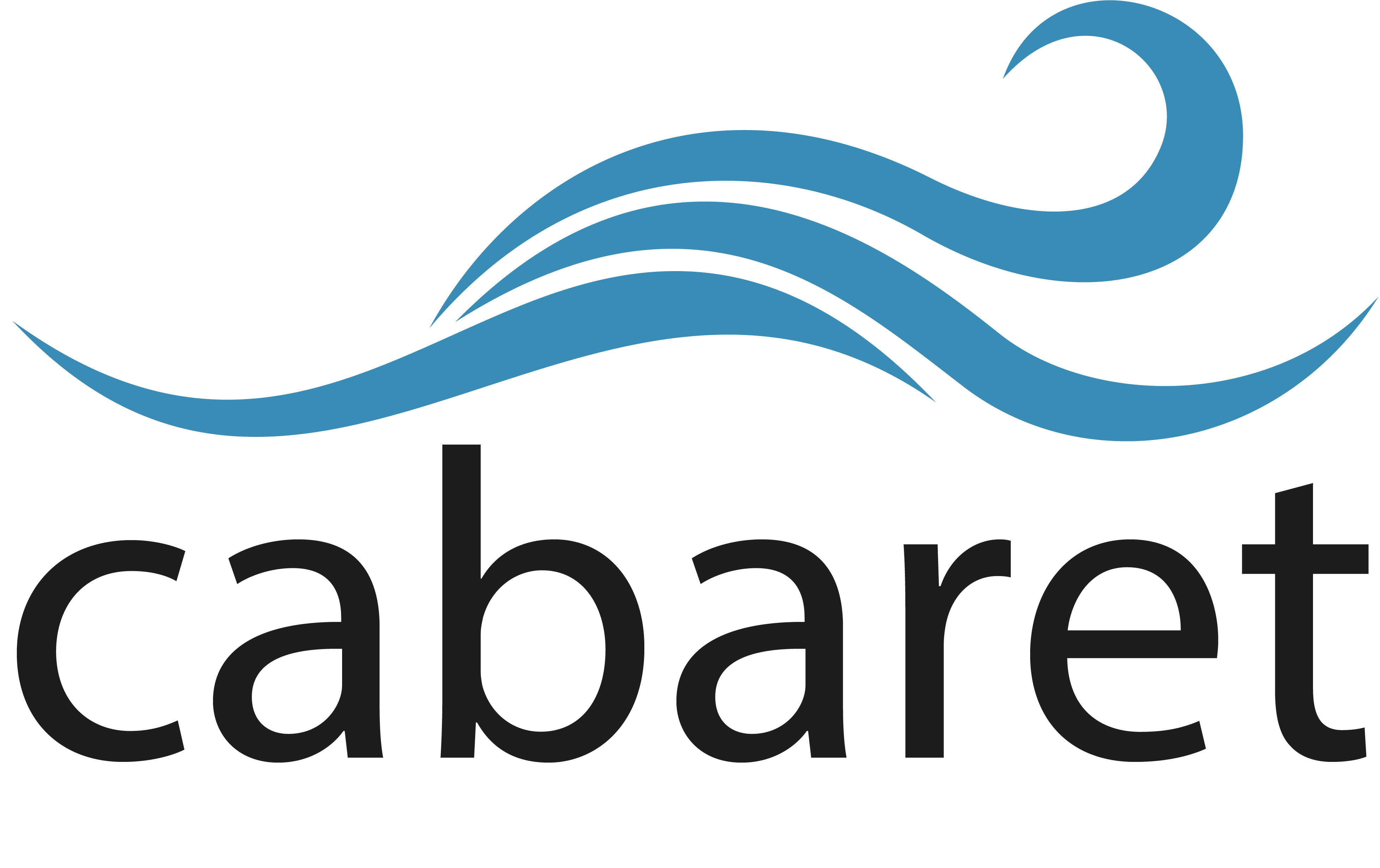Learning and teaching tools, methodologies and approaches
Work package type: Development
Reference number: 7
WP7 will develop online regional infrastructure to sustainable capacity development within the partner HEIs, and across related social and economic actors involved in the MHEW process.
The United Nations Economic and Social Commission for Asia and the Pacific (E/ESCAP/CDR(4)/2), which stresses the importance of a regional approach, also emphasises that progress in MHEW is uneven across the Asian region, with some high-risk, low-capacity countries falling behind.
In a similar vein, A 2015 Draft Policy Document and Strategic Plan prepared by members of the Tsunami Risk Assessment and Mitigation Task Team of the TRATE Project of the ICG/IOTWS identifies the need to establish a sustainable mechanism for training in coastal hazards and risk assessment and management for continuing professional development. The strategy recongises the considerable demand amongst Member States around the Indian Ocean to have structured training that will enhance the foundation of procedural knowledge and promote its take-up on a sustained and sustainable basis. WP7 will contribute to the overarching goal of this initiative: to establish a regional self-perpetuating fund of knowledge and experience in tsunami risk assessment and preparedness that will promote the implementation of these activities by Member States within a multi-hazard context and a framework of Integrated Coastal Area Management (ICAM). Such infrastructure would serve as a regional training resource for continuing professional development, and strengthen the link between higher education and social and economic actors.
WP7 will develop and manage a regional capacity development platform. While a significant amount of training and capacity development will take place in face to face sessions, this virtual platform will provide synchronous and asynchronous tools to support capacity development. In particular, this platform will host pre-session information about each of the planned training sessions, will provide digital archival facilities for learning material, facilitate related webinars and provide a digital space for target audiences to share ideas collaboratively and the opportunities to network in the virtual world. The platform will incorporate an online discussion forum and a training material repository.
In addition to the highlighted supportive functions of this platform for this project, the infrastructure will also host Major Online Open Courses (MOOCs) for training within the MHEW area. MOOCs are becoming increasingly popular as a mode of delivering targeted courses and training sessions for specific subject areas. These will be open to anyone, delivered online (largely pre-complied) major courses which provide intended training within a specified subject domain. It is envisaged partner HEIs, and other HEIs within this region, could utilise this repository within their own teaching and learning, and capacity building programmes. The structure and the nature of MOOCs will be determined through the capacity development framework (WP1) and roadmap (WP5).
The respository would be further promoted through The Intergovernmental Coordination Group (ICG) of Indian Ocean Tsunami Warning and Mitigation System (IOTWS). Key members of this group, Professor Samantha Hettierachi (Vice Chair) and Dr Harkunti Rahayu (Chair of Working Group 2), are the lead representatives for Partners P7 and P9, so we are well placed to facilitate this promotion.
The involvement of EU programme country partners will add value due to their extensive experience of developing online infrastructures within their own institutions as well as for EU funded research programmes.
Tasks:
4.1 Develop functional and technical specification for the regional capacity building platform: using the WP1 capacity development framework as a starting point (this will capture high level functional requirements and current ICT capacities), this task will specify the functional and operational requirements of the partnership with regards to the capacity building platform. The very notion of a bespoke training environment is based on custom tools and resources required for specialised training; hence the need for requirements capture (within the WP1 capacity development framework). While there are off the shelf products enabling the creation of a quick online platforms for learning, teaching and training needs, the intention of the CABARET infrastructure is to provide custom support for the partners for specialised training.
4.2 Development and the implementation of the regional capacity building platform: Based on the developed functional and technical specifications, the platform will be developed, predominantly using open source technologies and intended to be presented as a web application. The development lifecycle will have 3 milestones: the prototype, first alpha release for internal testing; first beta release for public (partner) testing; and, the final product. The prototype and the alpha testing will be open to the P1 team and the first beta release will be released to all partners for final comments before finalising the product. User surveys in accordance with the quality plan (WP3) will be used to capture feedback and refine the platform.
4.3 Develop manual for technical staff and users: During the first beta release, draft technical manuals and user instructions will be prepared to ensure that the platform is easy to maintain and use. User surveys in accordance with the quality plan (WP3) will be used to capture feedback and refine the manual.
4.4 Design, develop and host appropriate MOOCs within the platform: A significant resource within the virtual training environment will be the Major Online Open Courses. After making the platform available to all the partners, each of the planned training sessions will have “taster” courses as a MOOC within the virtual environment. These MOOCs consist of videos, training material and discussion forums to facilitate and represent the face to face training sessions. These MOOCs are intended to be open to the public extending the reach and the impact of the planned training activities.


